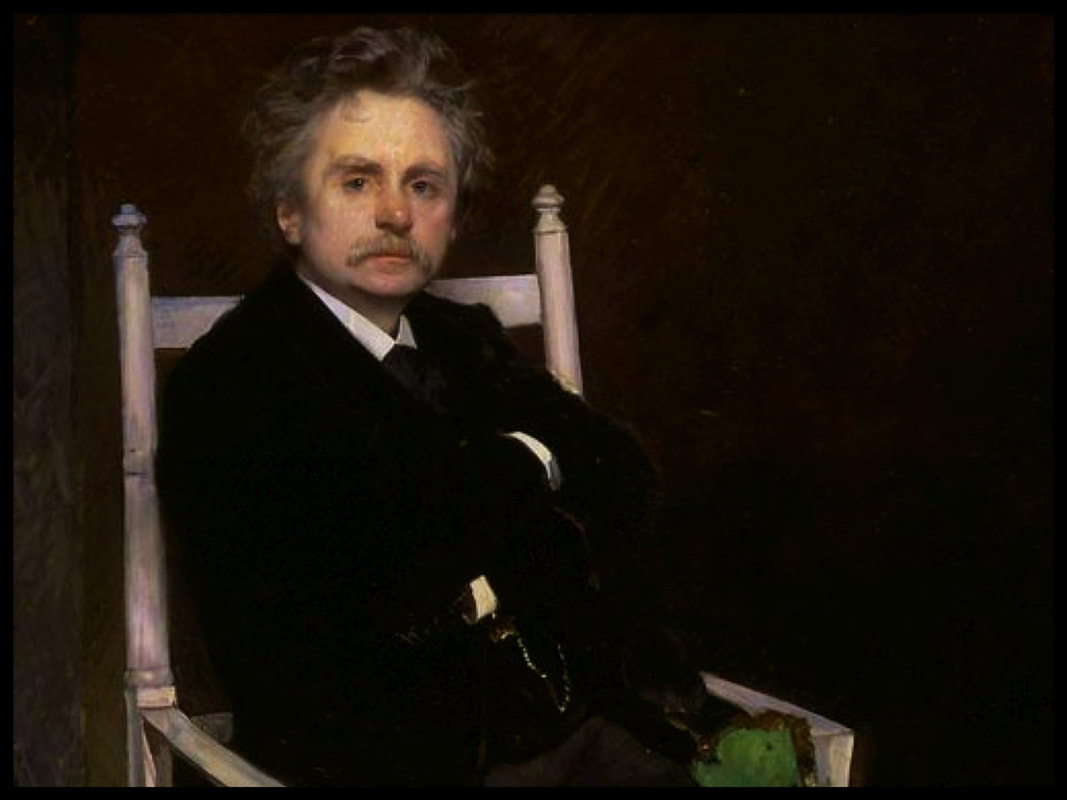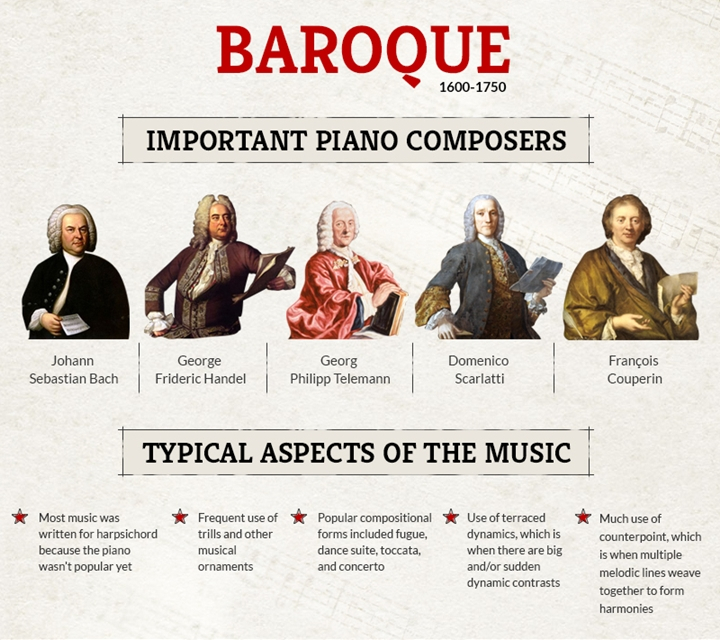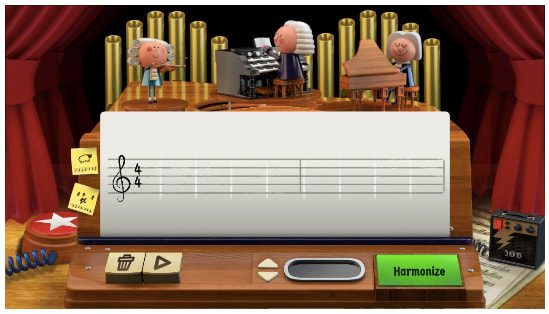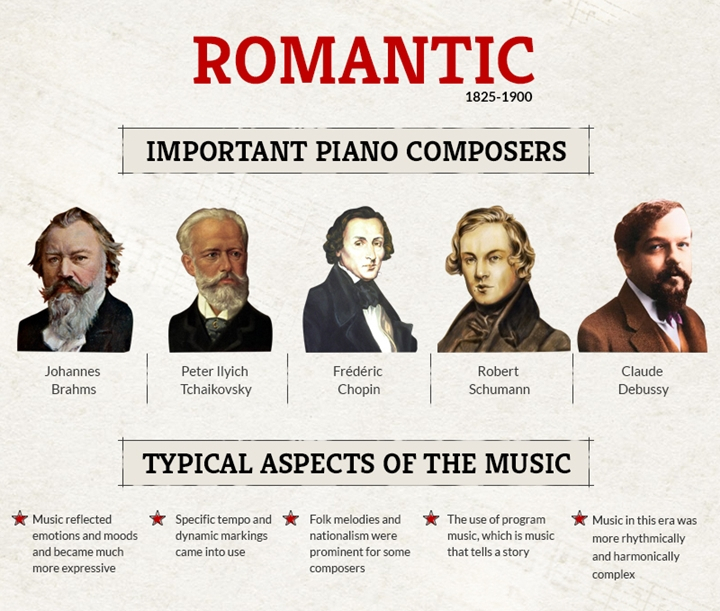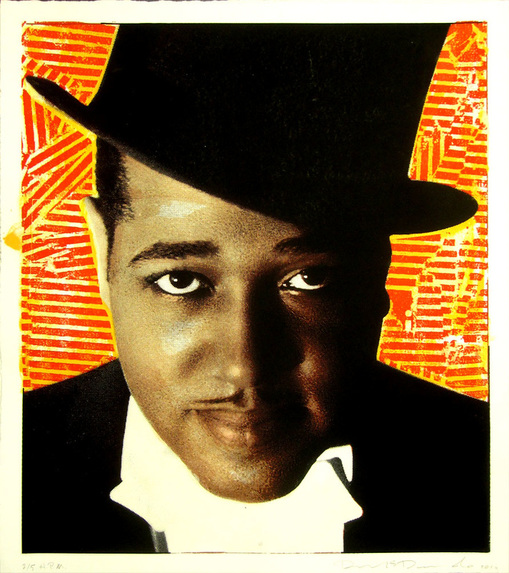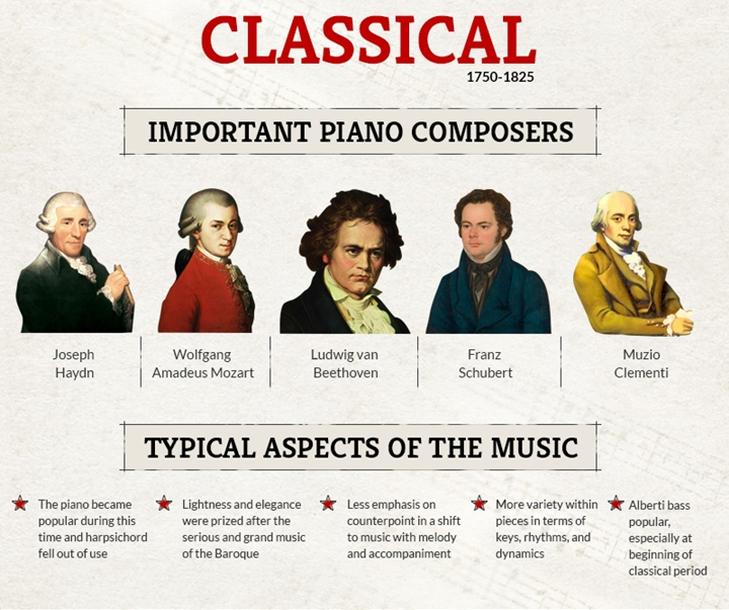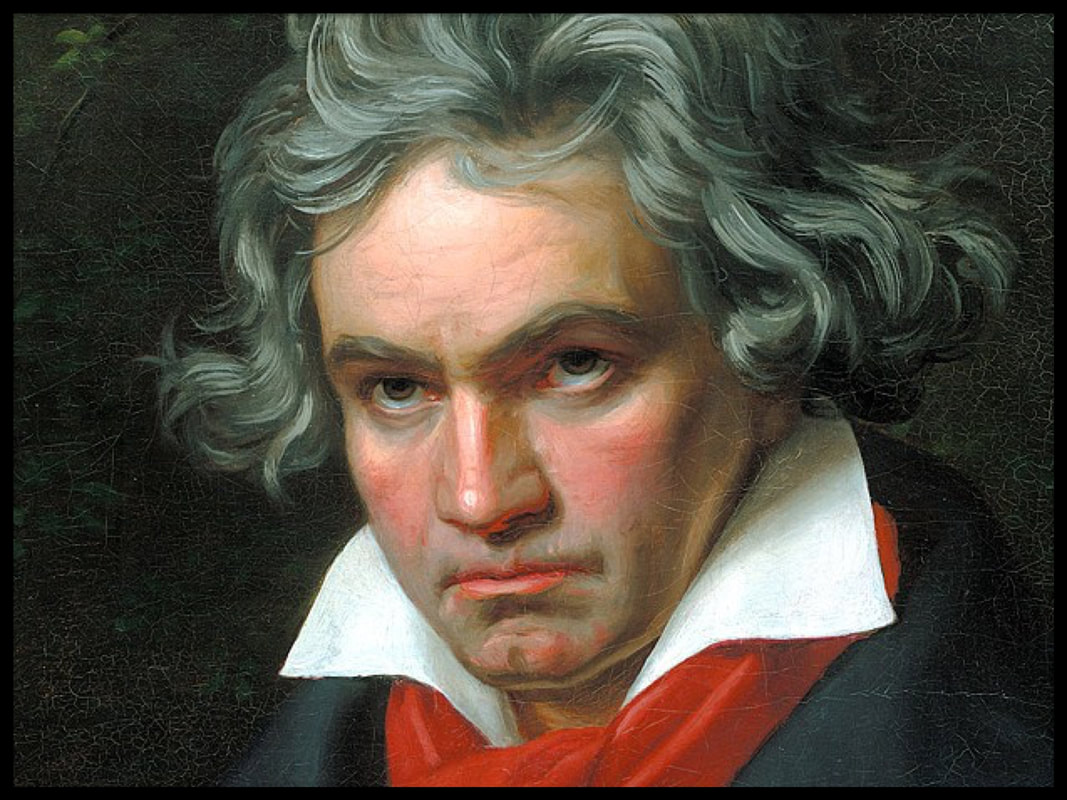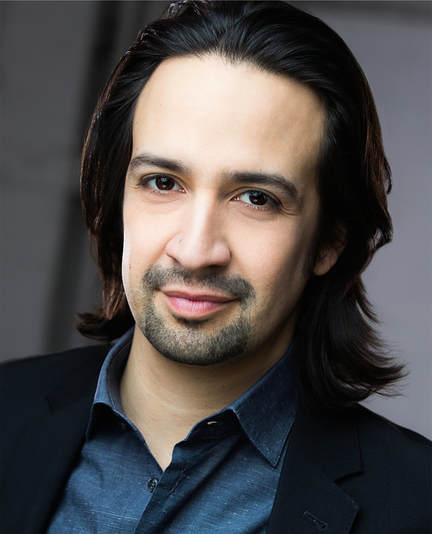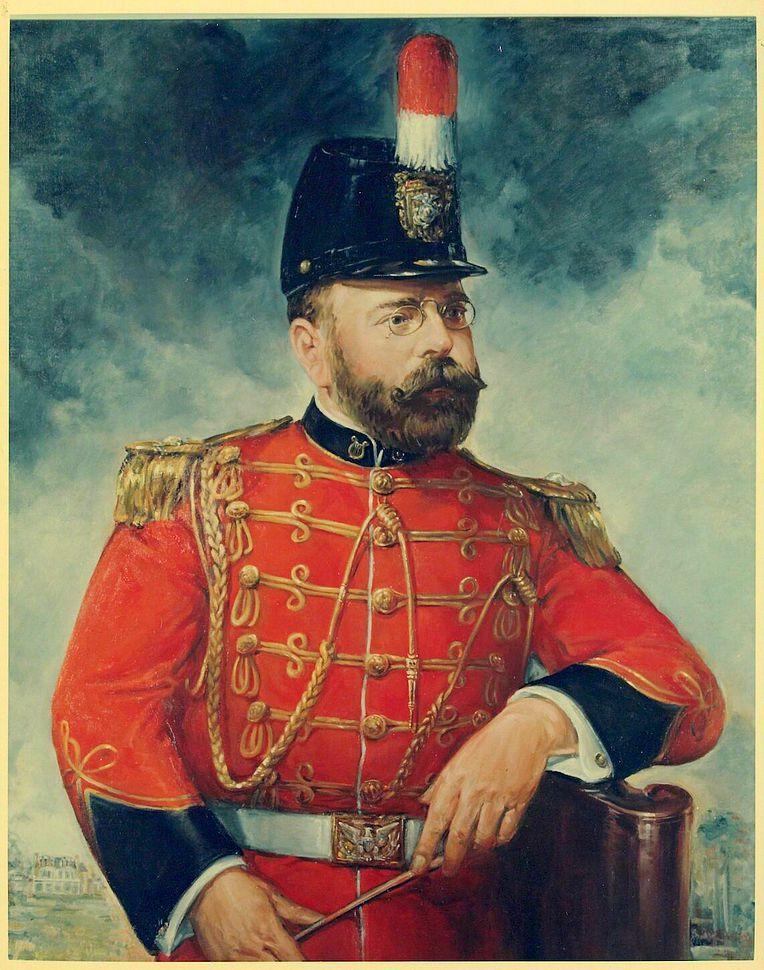COMPOSER of the MONTH
AUGUST
Jake Runestad
|
Fun Facts about Runestad's Life: Jake Runestad is an award winning composer of music for orchestra, choir, wind ensemble, chamber ensembles and opera. He is widely considered to be one of America's greatest young composers living and working today. Jake believes music has the power to bring about positive change in the world, and his compositions reflect this message. Conductors, performers and audiences continue to praise his music for its ability to connect with the head and the heart, which is why he is one of the most frequently performed composers of choral music in the world.
Links: JakeRunestad.com
Links: JakeRunestad.com
Class Notes - How Composers Compose
UJ Choir - I Will Lift Mine Eyes
SEPTEMBER
Georges Bizet
|
|
Education: Both of Bizet's parents were musicians, and they wanted him to become a composer when he grew up. His father began teaching him music when he was only 4, and when Bizet was 9, they enrolled him in the Paris Conservatory. He was considered a piano master by 14.
Fun Facts about Bizet's Life: Bizet composed over 150 compositions for piano, a symphony, orchestral suites, and operas. He is most famously known for his opera Carmen, based on a story by Merimee. Bizet incorporated Spanish rhythms in his music specifically to set the stage for the story. When Carmen first opened in Paris, the reviews were terrible. Many critics said there were no good tunes in it, so audiences stayed away. In the middle of the night during the first round of performances, Bizet died. He was only 36. Four months later, Carmen opened in Vienna, Austria, and was a smash hit. It is now one of the most popular operas ever written and is performed all over the world. Bizet never knew that it would become his masterpiece.
Quote: "Ah, music! What a beautiful art! But what a wretched profession!" - Bizet
Links: Classics for Kids / DSO Kids
Fun Facts about Bizet's Life: Bizet composed over 150 compositions for piano, a symphony, orchestral suites, and operas. He is most famously known for his opera Carmen, based on a story by Merimee. Bizet incorporated Spanish rhythms in his music specifically to set the stage for the story. When Carmen first opened in Paris, the reviews were terrible. Many critics said there were no good tunes in it, so audiences stayed away. In the middle of the night during the first round of performances, Bizet died. He was only 36. Four months later, Carmen opened in Vienna, Austria, and was a smash hit. It is now one of the most popular operas ever written and is performed all over the world. Bizet never knew that it would become his masterpiece.
Quote: "Ah, music! What a beautiful art! But what a wretched profession!" - Bizet
Links: Classics for Kids / DSO Kids
CARMEN - The Characters
"Habanera" from Carmen - Opera
OCTOBER
Education: Grieg's first music lessons were from his mother, and he began composing when he was nine years old. A famous Norwegian violinist, Ole Bull, encouraged him to go to the Leipzig Conservatory when he was fifteen. When he graduated four years later, he was an accomplished pianist and composer.
Fun Facts about Williams' Life: During almost all of Grieg's lifetime, his native country, Norway, was struggling to become an independent nation. Until 1814, Norway was subject to Denmark; from 1814 until 1905, it was forced into a union with Sweden. Because Grieg's music played an important part in giving the Norwegian people their own identity, he is regarded as a hero in Norway. Many of his compositions are based on the sound of Norwegian folk songs. They paint a musical picture of the mountains, forests, fjords, and streams of this beautiful country. Although he lived a number of years in Copenhagen, Denmark, and he and his wife, a singer, toured Europe performing his music, his last years were spent in his beloved Norway. In 1885, Mr. and Mrs. Grieg moved to a villa called Troldhaugen, which means "Hill of the Mountain Men". He built a little cabin, overlooking the mountains and a fjord, with a piano and a writing desk. Here some of his most famous compositions were written.
Quote: "I am sure my music has a taste of codfish in it." - Grieg
Links: DSO Kids
Fun Facts about Williams' Life: During almost all of Grieg's lifetime, his native country, Norway, was struggling to become an independent nation. Until 1814, Norway was subject to Denmark; from 1814 until 1905, it was forced into a union with Sweden. Because Grieg's music played an important part in giving the Norwegian people their own identity, he is regarded as a hero in Norway. Many of his compositions are based on the sound of Norwegian folk songs. They paint a musical picture of the mountains, forests, fjords, and streams of this beautiful country. Although he lived a number of years in Copenhagen, Denmark, and he and his wife, a singer, toured Europe performing his music, his last years were spent in his beloved Norway. In 1885, Mr. and Mrs. Grieg moved to a villa called Troldhaugen, which means "Hill of the Mountain Men". He built a little cabin, overlooking the mountains and a fjord, with a piano and a writing desk. Here some of his most famous compositions were written.
Quote: "I am sure my music has a taste of codfish in it." - Grieg
Links: DSO Kids
The Story of Peer Gynt
In the Hall of the Mountain King
NOVEMBER
Johann Sebastian Bach
|
|
Popular Compositions: Jesu Joy of Man’s Desiring, Toccata & Fugue in D minor, The Well Tempered Clavier
Education: At a young age, Johann Sebastian Bach's father taught him to play the violin and the harpsichord. After his parents died, Bach lived with his older brother who taught him the organ.
Fun Facts about Bach's Life: Bach was a musical genius who played the organ and composed music for organ, lute, harpsichord, choirs, orchestras, etc. He was very impatient and once threw his wig at a musician who didn't play the right notes! He spent a month in jail because he tried to quit his job composing and playing for a Duke to go work for a Prince. During that month in jail, he wrote forty-six pieces of music, many of which are still performed today. Since most of his music was written to be performed in a church service only once and then thrown out, very little of his music was published during his lifetime. It was for this reason that Bach composed more music than almost any other composer. However, he was not recognized as a musical genius until about 100 years after his death. Bach had twenty children! Five were named Johann, two Johanna and four grew up to become famous musicians.
Quote: "I worked hard. Anyone who worked as hard as I did can achieve the same results." - Bach
Links: Classics for Kids / DSO Kids
Education: At a young age, Johann Sebastian Bach's father taught him to play the violin and the harpsichord. After his parents died, Bach lived with his older brother who taught him the organ.
Fun Facts about Bach's Life: Bach was a musical genius who played the organ and composed music for organ, lute, harpsichord, choirs, orchestras, etc. He was very impatient and once threw his wig at a musician who didn't play the right notes! He spent a month in jail because he tried to quit his job composing and playing for a Duke to go work for a Prince. During that month in jail, he wrote forty-six pieces of music, many of which are still performed today. Since most of his music was written to be performed in a church service only once and then thrown out, very little of his music was published during his lifetime. It was for this reason that Bach composed more music than almost any other composer. However, he was not recognized as a musical genius until about 100 years after his death. Bach had twenty children! Five were named Johann, two Johanna and four grew up to become famous musicians.
Quote: "I worked hard. Anyone who worked as hard as I did can achieve the same results." - Bach
Links: Classics for Kids / DSO Kids
Infographic from TakeLessons.com
Quaver's Marvelous World - The Baroque Period
"Toccata and Fugue in D minor" - Organ
"Toccata and Fugue in D minor" - Harpsichord
"Jesu, Joy of Man's Desiring"
|
BACH Google Doodle
An interactive experience encouraging players to compose a two measure melody of their choice. With the press of a button, the Doodle then uses machine learning to harmonize the custom melody into Bach’s signature music style (or a Bach 80's rock style hybrid if you happen to find a very special easter egg in the Doodle). |
DECEMBER
Pyotr Ilyich Tchaikovsky
|
|
Education: He began piano lessons at the age of six, and within three years he could read music as well as his teacher. He later studied piano with Anton Rubenstein.
Fun Facts about Tchaikovsky's Life: Even though Tchaikovsky was a good musician as a kid, that wasn't considered an "acceptable" profession, so his parents made him study law instead. Eventually, he gave up his legal job and went to the St. Petersburg Conservatory. After he graduated, he moved to Moscow to teach at the new conservatory there. It's now named for him. Tchaikovsky traveled all over Europe for performances of his music. In 1891, he even came to America for the opening of Carnegie Hall, where he was invited to conduct his music. Tchaikovsky's music for ballet is some of the finest ever written. His most famous is The Nutcracker Suite.
Quote: "Inspiration is a guest that does not willingly visit the lazy." - Tchaikovsky
Links: Classics for Kids / DSO Kids
Fun Facts about Tchaikovsky's Life: Even though Tchaikovsky was a good musician as a kid, that wasn't considered an "acceptable" profession, so his parents made him study law instead. Eventually, he gave up his legal job and went to the St. Petersburg Conservatory. After he graduated, he moved to Moscow to teach at the new conservatory there. It's now named for him. Tchaikovsky traveled all over Europe for performances of his music. In 1891, he even came to America for the opening of Carnegie Hall, where he was invited to conduct his music. Tchaikovsky's music for ballet is some of the finest ever written. His most famous is The Nutcracker Suite.
Quote: "Inspiration is a guest that does not willingly visit the lazy." - Tchaikovsky
Links: Classics for Kids / DSO Kids
Infographic from TakeLessons.com
Quaver's Marvelous World - The Romantic Period
The Nutcracker Ballet
Swan Lake
JANUARY
George Frideric Handel
|
|
Popular Compositions: Water Music, Rinaldo, Messiah (Hallelujah), Music for the Royal Fireworks
Education: Handel was interested in music at a very young age. His father hated music and wanted George to become a lawyer instead. But his mother encouraged him to practice, and when he played for a famous Duke, the Duke was impressed and ordered Handel's father, who was employed by the Duke, to allow George to study music. He learned to play the violin, oboe, harpsichord and organ and how to compose music in many different styles.
Fun Facts about Handel's Life: George became a very accomplished composer and performer and was soon traveling all over Europe sharing his musical talents. He eventually ended up in London, England where he wrote the opera "Rinaldo" which became a great success. This was the beginning of a life-long musical career in England. The British people loved his music so much, and the Queen of England was so impressed with Handel that she gave him a yearly pension which allowed him to live without any financial worries. When she died, and King George I took over, Handel wrote his famous composition "Water Music" for him. When George I died, Handel wrote coronations for the new King, George II. By 1740, Handel completed the oratorio Messiah. It is said that when the King first heard the music from Messiah he was so filled with emotion that he rose to his feet when hearing the "Hallelujah Chorus." The tradition continues to this day of standing when the "Hallelujah Chorus" from Messiah is performed.
Quote: "Learn all there is to learn, and then choose your own path." - Handel
Links: Classics for Kids / DSO Kids
Education: Handel was interested in music at a very young age. His father hated music and wanted George to become a lawyer instead. But his mother encouraged him to practice, and when he played for a famous Duke, the Duke was impressed and ordered Handel's father, who was employed by the Duke, to allow George to study music. He learned to play the violin, oboe, harpsichord and organ and how to compose music in many different styles.
Fun Facts about Handel's Life: George became a very accomplished composer and performer and was soon traveling all over Europe sharing his musical talents. He eventually ended up in London, England where he wrote the opera "Rinaldo" which became a great success. This was the beginning of a life-long musical career in England. The British people loved his music so much, and the Queen of England was so impressed with Handel that she gave him a yearly pension which allowed him to live without any financial worries. When she died, and King George I took over, Handel wrote his famous composition "Water Music" for him. When George I died, Handel wrote coronations for the new King, George II. By 1740, Handel completed the oratorio Messiah. It is said that when the King first heard the music from Messiah he was so filled with emotion that he rose to his feet when hearing the "Hallelujah Chorus." The tradition continues to this day of standing when the "Hallelujah Chorus" from Messiah is performed.
Quote: "Learn all there is to learn, and then choose your own path." - Handel
Links: Classics for Kids / DSO Kids
Water Music
Messiah - Hallelujah Chorus
FEBRUARY
Duke Ellington
|
Fun Facts about Ellington's Life: In 1923, Edward Kennedy "Duke" Ellington moved to New York City to become a bandleader and was one of the creators of the "big band" sound, which fueled the "swing" era. He is considered by many to be America's greatest composer, bandleader, and recording artist. His first great achievements came in the three-minute song form, and he later wrote music for all kinds of settings: the ballroom, comedy stage, nightclub, movie house, theater, concert hall, and the cathedral. His blues writing resulted in new conceptions of form, harmony, and melody, and he became the master of the romantic ballad and created numerous works that featured the great soloists in his jazz orchestra.
Quote: “I merely took the energy it takes to pout and wrote some blues.” - Ellington
Links: Scholastic History of Jazz / PBS Jazz
Quote: “I merely took the energy it takes to pout and wrote some blues.” - Ellington
Links: Scholastic History of Jazz / PBS Jazz
It Don't Mean A Thing If It Ain't Got That Swing
MARCH
Wolfgang Amadeus Mozart
|
|
Popular Compositions: Eine Kleine Nacht Musik, The Magic Flute, The Marriage of Figaro, Rondo Alla Turca, 12 Variations of Twinkle, Twinkle Little Star
Education: Mozart's father was a violinist and composer and taught Mozart how to play the piano and violin.
Fun Facts about Mozart's Life: Mozart was a child prodigy, which meant he had an amazing memory for music and could learn it very quickly. He was traveling all over Europe playing music by the time he was 6. Because of his constant travels, he eventually learned to speak 15 different languages. Mozart composed his first piece of music at age 5; he had his first piece published when he was 7; and he wrote his first opera when he was 12! Mozart wrote over 600 works during his lifetime including 41 symphonies and 27 piano concertos. Three of his most famous operas include The Marriage of Figaro, The Magic Flute and Don Giovanni. He is also famous for his Requiem mass. Mozart's parents and big sister used to call him "Wolfie".
Quote: “Love, love, love - that is the soul of genius.” - Mozart
Links: Classics for Kids / DSO Kids
Education: Mozart's father was a violinist and composer and taught Mozart how to play the piano and violin.
Fun Facts about Mozart's Life: Mozart was a child prodigy, which meant he had an amazing memory for music and could learn it very quickly. He was traveling all over Europe playing music by the time he was 6. Because of his constant travels, he eventually learned to speak 15 different languages. Mozart composed his first piece of music at age 5; he had his first piece published when he was 7; and he wrote his first opera when he was 12! Mozart wrote over 600 works during his lifetime including 41 symphonies and 27 piano concertos. Three of his most famous operas include The Marriage of Figaro, The Magic Flute and Don Giovanni. He is also famous for his Requiem mass. Mozart's parents and big sister used to call him "Wolfie".
Quote: “Love, love, love - that is the soul of genius.” - Mozart
Links: Classics for Kids / DSO Kids
Infographic from TakeLessons.com
Quaver's Marvelous World - The Classical Period
Eine Kleine Nacht Musik
Rondo alla Turca
12 Variations on "Twinkle, Twinkle Little Star"
APRIL
Education: Beethoven's first piano teacher was his father, and his first public performance was at the age of 7. After a while, even though he was still only a boy, he became a traveling performer and was supporting his family. He met Mozart when he was very young.
Fun Facts about Beethoven's Life: Beethoven is considered to be one of the greatest musical geniuses who ever lived. He led music into a new era by putting his own feelings into his music and making it more passionate. He also increased the size of the orchestra and even added a chorus in his 9th symphony. He may be most famous for his 9 symphonies, but he also wrote many other kinds of music such as chamber and choral music, piano music, string quartets, and an opera. When Beethoven was around 26 years old, he started going deaf, so he would bite on a stick to feel the vibrations of his piano. Even though he could no longer hear well enough to play, he composed some of his best music even after he was deaf.
Quote: "Music should strike fire from the heart of man, and bring tears from the eyes of women." - Beethoven
Links: Classics for Kids / DSO Kids
Fun Facts about Beethoven's Life: Beethoven is considered to be one of the greatest musical geniuses who ever lived. He led music into a new era by putting his own feelings into his music and making it more passionate. He also increased the size of the orchestra and even added a chorus in his 9th symphony. He may be most famous for his 9 symphonies, but he also wrote many other kinds of music such as chamber and choral music, piano music, string quartets, and an opera. When Beethoven was around 26 years old, he started going deaf, so he would bite on a stick to feel the vibrations of his piano. Even though he could no longer hear well enough to play, he composed some of his best music even after he was deaf.
Quote: "Music should strike fire from the heart of man, and bring tears from the eyes of women." - Beethoven
Links: Classics for Kids / DSO Kids
Fun Facts about The Classical Period
- All the great Classical Composers lived in Europe.
- George Washington was born during the Classical Period in 1732.
- Music was predictable and well-organized in 4 and 8 bar measures called phrases.
- The Harpsichord was replaced by the piano.
- Europeans loved to go to coffee houses at night to talk - a lot like Starbucks today!
- The first flush toilet was invented.
- The first camera was invented - but it took 8 hours to take the picture!
- George Washington was born during the Classical Period in 1732.
- Music was predictable and well-organized in 4 and 8 bar measures called phrases.
- The Harpsichord was replaced by the piano.
- Europeans loved to go to coffee houses at night to talk - a lot like Starbucks today!
- The first flush toilet was invented.
- The first camera was invented - but it took 8 hours to take the picture!
Illustrating History - BEETHOVEN
Symphony No. 5
Beethoven's Wig!
"Ode To Joy" (Symphony No. 9)
MAY
John Williams
|
|
Education: When he was 16 years old, Williams moved to Los Angeles with his family. He later studied music composition at UCLA. After serving in the Air Force, where he conducted and arranged music for the US Air Force Band, he returned to NYC to study piano at the Juilliard School of Music.
Fun Facts about Williams' Life: William's worked as a jazz pianist in NYC for a while before moving back to California to start his career in composing music for movies. Since the early 1970's, Williams has scored more than 100 films, including many of the scores for Steven Spielberg's movies like Jaws, ET, Indiana Jones and Jurassic Park. In addition to being a film composer, Williams is also a famous conductor! He began conducting the Boston Pops Orchestra in 1980 and retired in 1993. He has also appeared as guest conductor with many major orchestras, and has written many concert pieces. He has also composed the themes for the NBC News, the 1987 International Special Olympics, and the 1984, 1988, and 1996 Summer Olympic Games. His "Olympic Theme and Fanfare" is the most recognizable music played at the Olympic games. Williams has won five Academy Awards, four Golden Globe Awards, seven British Academy Film Awards, and 22 Grammy Awards. With 50 Academy Award nominations, Williams is the second most-nominated individual, after Walt Disney. In 2004, Williams was a recipient of the Kennedy Center Honors, and will receive the American Film Institute's Life Achievement Award in 2016.
Quote: "I developed from very early on, a habit of writing something every day, good or bad." - Williams
Links: DSO Kids
Fun Facts about Williams' Life: William's worked as a jazz pianist in NYC for a while before moving back to California to start his career in composing music for movies. Since the early 1970's, Williams has scored more than 100 films, including many of the scores for Steven Spielberg's movies like Jaws, ET, Indiana Jones and Jurassic Park. In addition to being a film composer, Williams is also a famous conductor! He began conducting the Boston Pops Orchestra in 1980 and retired in 1993. He has also appeared as guest conductor with many major orchestras, and has written many concert pieces. He has also composed the themes for the NBC News, the 1987 International Special Olympics, and the 1984, 1988, and 1996 Summer Olympic Games. His "Olympic Theme and Fanfare" is the most recognizable music played at the Olympic games. Williams has won five Academy Awards, four Golden Globe Awards, seven British Academy Film Awards, and 22 Grammy Awards. With 50 Academy Award nominations, Williams is the second most-nominated individual, after Walt Disney. In 2004, Williams was a recipient of the Kennedy Center Honors, and will receive the American Film Institute's Life Achievement Award in 2016.
Quote: "I developed from very early on, a habit of writing something every day, good or bad." - Williams
Links: DSO Kids
John Williams Film Medley
"Olympic Fanfare & Theme " John Williams
( "Bugler's Dream" Intro by Leo Arnaud )
NBC Nightly News Opening Theme
John Williams
John Williams Interview
30th Anniversary of "Olympic Fanfare & Theme "
JUNE
Lin-Manuel Miranda
|
Fun Facts about Miranda's Life: After graduating college, Miranda embarked on an acting career in New York City, appearing in films and on television. He became a regular on the children's series The Electric Company and appeared on Sesame Street. He also performed with a hip-hop improv group which helped to influence his writing style. His first musical, In the Heights, was inspired by the Hispanic neighborhood in upper Manhattan where he grew up. It blended hip-hop and salsa and starred Miranda in the lead role. In the Heights won two Drama Desk Awards, four Tony Awards and was also nominated for the Pulitzer Prize for Drama. Its original-cast recording also won the 2008 Grammy Award for best musical show album. After reading a biography about Alexander Hamilton, Miranda created his next hit musical about the life of Hamilton, who rose from obscure origins on the small Caribbean island of Nevis to become a leading US statesman and the first US Secretary of the Treasury. Miranda saw a quintessential American story, one that he perceived as akin to the humble beginnings of rappers. Hamilton opened on Broadway to rave reviews and featured a racially diverse cast, with Miranda again starring in the title role. In 2016, Hamilton was awarded the Pulitzer Prize for Drama and that year, received an unprecedented 16 Tony nominations. It eventually won 11 Tony's, falling one short of the record. Hamilton was named best musical, and Miranda won for best book and best original score. In July 2016 he made his final appearance in the show. While working on Hamilton, Miranda was also contributing to the soundtrack for the Disney animated film Moana, and he earned an Academy Award nomination for the song “How Far I’ll Go.” His connection to Disney doesn't end there! He recently starred in the film Mary Poppins Returns as Jack, and is slated to assist in writing new music for the live-action remake of The Little Mermaid. Miranda also wrote and recorded the theme song to the new Netflix animated series The Magic School Bus Rides Again.
Quote: "You are perfectly cast in your life. I can't imagine anyone but you in the role. Go play!" - Miranda
Quote: "You are perfectly cast in your life. I can't imagine anyone but you in the role. Go play!" - Miranda
In The Heights
Hamilton
Lin-Manuel Miranda - Interview
Lin-Manuel Miranda - On Writing How far I'll Go
Silent "E" is a Ninja! - The Electric Company
Silent "E" is a Ninja! (Behind the Scenes) - The Electric Company
One Bad Apple - The Electric Company
The Magic School Bus Rides Again - Netflix
A Cover Is Not the Book - Mary Poppins Returns
JULY
John Phillip Sousa
|
Fun Facts about Sousa's Life: Sousa became conductor of the Marine Band where he remained for 12 years, serving 5 Presidents. Also known as “The President’s Own,” the Marine Band became a premier military band under Sousa’s tutelage, making him one of America’s most respected conductors and composers. Known as “The March King,” Sousa composed over 100 marches, in addition to concert pieces, operettas, overtures and suites. On Christmas Day 1898, Sousa composed “The Stars and Stripes Forever,” which eventually became the U.S. national march. Sousa was a staunch supporter of general music education in our schools, and often advocated for composers' rights. In 1893, Sousa worked in conjunction with J.W. Pepper to create a marching tuba. Dubbed a sousaphone, this tuba could be played in a standing or sitting position with the bell positioned to project the music over the band. In 1898, Conn created a model that Sousa preferred.
Quote: "Composers are the only people who can hear good music above bad sounds." - Sousa
Links: DSO Kids
Quote: "Composers are the only people who can hear good music above bad sounds." - Sousa
Links: DSO Kids


